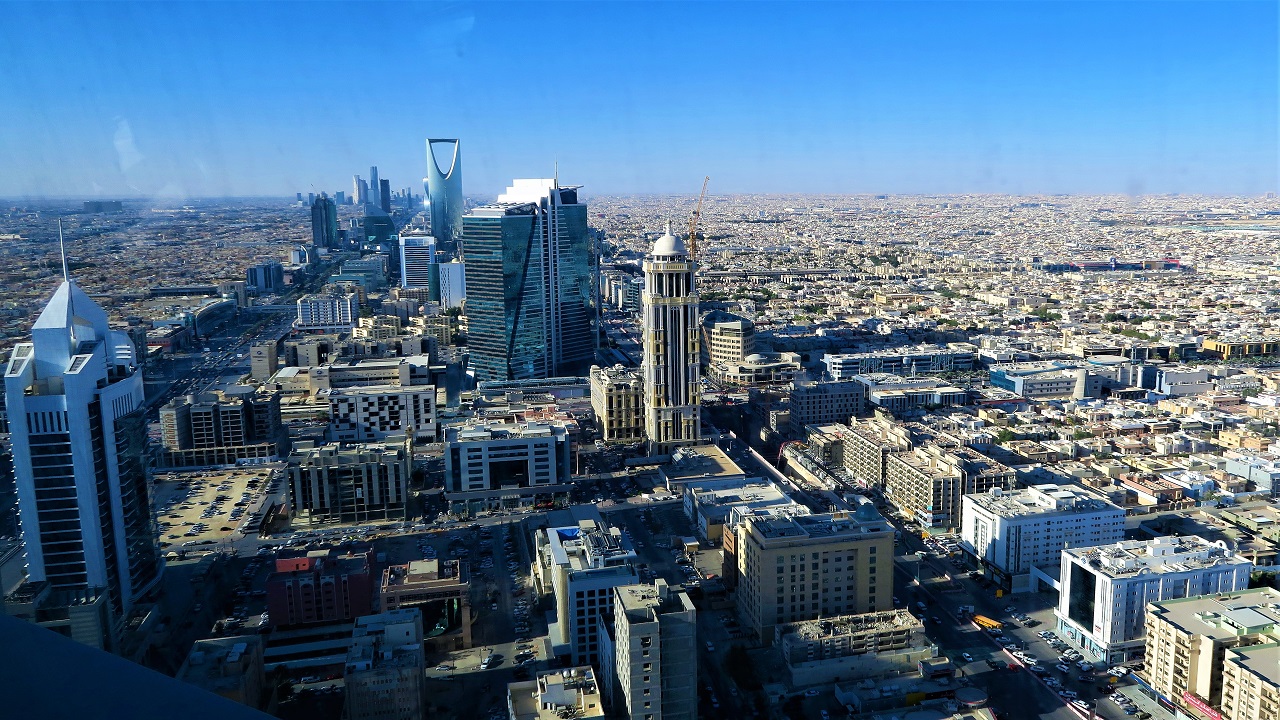Riyadh hosts Islamic-Arab summit to demand end to Gaza war
Saudi Arabia gathered Arab and Muslim leaders on Saturday for an extraordinary joint Islamic-Arab summit in Riyadh, as the kingdom exerts its influence to press the United States and Israel for an end to hostilities in Gaza.

Saudi Arabia gathered Arab and Muslim leaders on Saturday for an extraordinary joint Islamic-Arab summit in Riyadh, as the kingdom exerts its influence to press the United States and Israel for an end to hostilities in Gaza. Dozens of leaders including Iranian President Ebrahim Raisi are attending the summit, which is expected to strongly condemn Israel's campaign in Gaza and call for a halt to forced displacement of Palestinians there.
Turkish President Tayyip Erdogan, Qatar's Emir Sheikh Tamim bin Hamad Al Thani and Syrian President Bashar al-Assad, who was welcomed back in the Arab League earlier this year, are also attending. Raisi said on Saturday that time had come for action over the conflict rather than talk as he headed to Riyadh.
"Gaza is not an arena for words. It should be for action," he said at Tehran airport before departing. "Today, the unity of the Islamic countries is very important," he added. Iran’s semi-official Tasnim news site said Raisi will propose that Muslim countries ban Israel from using their airspace and prevent the U.S. from shipping weapons to Israel from their military bases in the region.
Saudi Crown Prince Mohammed bin Salman on Friday condemned "what the Gaza Strip is facing from military assault, targeting of civilians, the violations of international law by the Israeli occupation authorities". The Middle East has been on edge since Hamas fighters rampaged into Israel on Oct. 7, killing 1,200 people.
Since then, Israel has escalated its assault on Gaza where 11,078 Gaza residents have been killed as of Friday, 40% of them children, according to Palestinian officials. ARAB COUNTRIES DIVIDED
Fighting intensified overnight into Saturday near Gaza City's overcrowded hospitals, which Palestinian officials said were hit by explosions and gunfire. The war has upended traditional Middle East alliances as Riyadh engaged more closely with Iran, pushed back against U.S. pressure to condemn Hamas and put on hold its plans to nomalise ties with Israel.
Raisi's trip to Saudi Arabia is the first visit by an Iranian head of state since Tehran and Riyadh ended years of hostility under a China-brokered deal in March. The kingdom was scheduled to host two extraordinary summits, the Organization of Islamic Cooperation summit and the Arab League summit, on Saturday and Sunday. The joint summit will replace the two separate gatherings in light of the "extraordinary" Gaza situation, the Saudi Foreign ministry said.
Hamas called on the summit to take "a historic and decisive decision and move to stop the Zionist aggression immediately". "We call on Arab and Muslim leaders ... to put pressure on the American administration, which bears direct responsibility in the genocidal war that our people are facing in the Gaza Strip," a statement from the Palestinian militant group said.
Arab foreign ministers, who held an emergency meeting On Thursday to prepare for the summit, were divided as some countries, led by Algeria, called to cut all diplomatic ties with Israel, two delegates told Reuters. A bloc of Arab countries, which have established diplomatic relations with Israel, pushed back, stressing the need to keep channels open with Netanyahu's government, they said.
(This story has not been edited by Devdiscourse staff and is auto-generated from a syndicated feed.)










